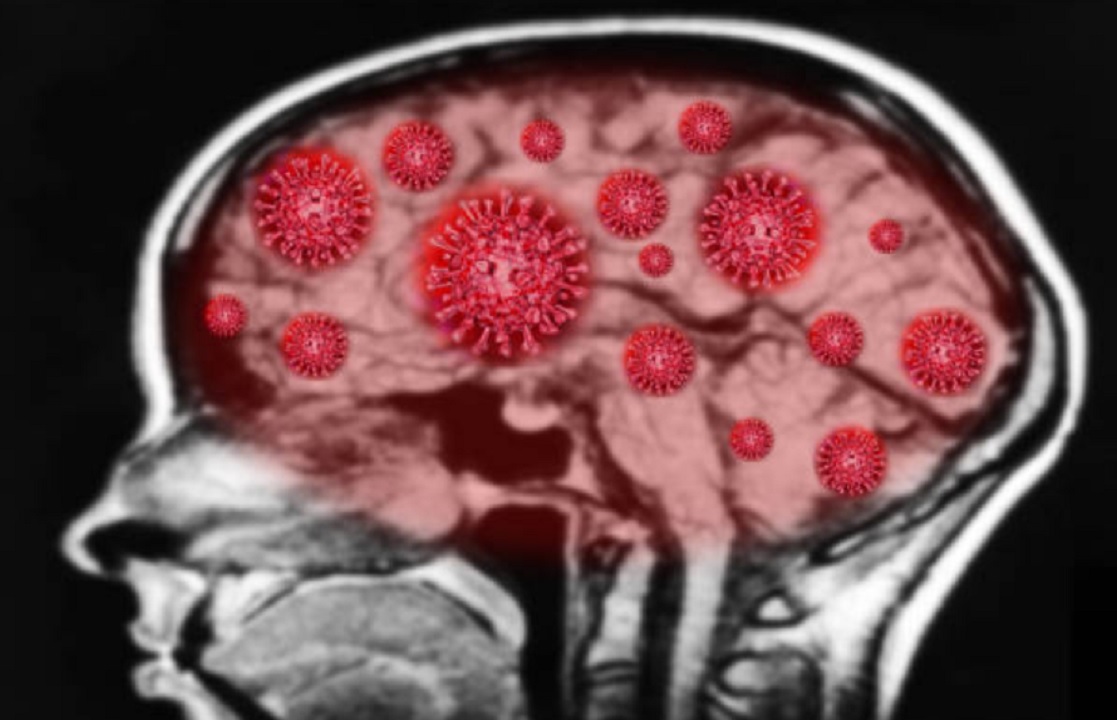Medical experts are sounding the alarm over surge of black fungus among COVID-19 patients in India amid the country’s ongoing ferocious second wave of infections.
Several states observed an uptick on extremely rare fungal infection called mucormycosis on recovering as well vulnerable COVID-19 patients in India.
Experts blame the indiscriminate use of steroids to treat COVID-19 patients for the surge of the fungal infection.
RELATED STORY: PH detects 10 new Indian COVID-19 variant cases
Steroids are administered to infected patients to reduce the inflammation in the lungs. But overuse of these drugs in COVID-19 patients can lead to lowered immunity and high levels of blood sugar.
People with compromised immune system and underlying diseases are susceptible to the highly-threatening fungal infection.
The rare fungal infection, which commonly referred as “black fungus” due to the dark pigmentation observed on affected patient, thrives on the weakened immune system of COVID-stricken individuals.
This potentially fatal infection starts in the nose and spreads to the eyes and then the brain.
According to local reports, ear nose and throat or ENT doctors are expecting a surge in cases mucormycosis in the next few weeks as wave of COVID-19 infections continues.
Manish Munjal, an ENT surgeon at Sir Ganga Ram Hospital, told National Geographic that about 250 mucormycosis cases are being recorded in India’s capital New Delhi since April.
READ ON: WHO: Indian COVID-19 variant found in 44 countries
An uptick of black fungus cases is also observed in Maharashtra and Gujarat which listed 2000 and 300 cases of the fungal infection among COVID-19 patients respectively.
In such vulnerable patients, the spores germinate to form long tubular filaments that can grow into the sinuses, into the bone, and the blood stream.
The symptoms of mucormycosis includes fever throbbing headache, facial and nasal pain, loss of vision, blackish nasal discharge, toothache, loosening of teeth, swelling in the upper jaw, and at some occasions face paralysis.
The infection can be life-threatening if left untreated, as it can cross into the central nervous system and the brain. (RA)




